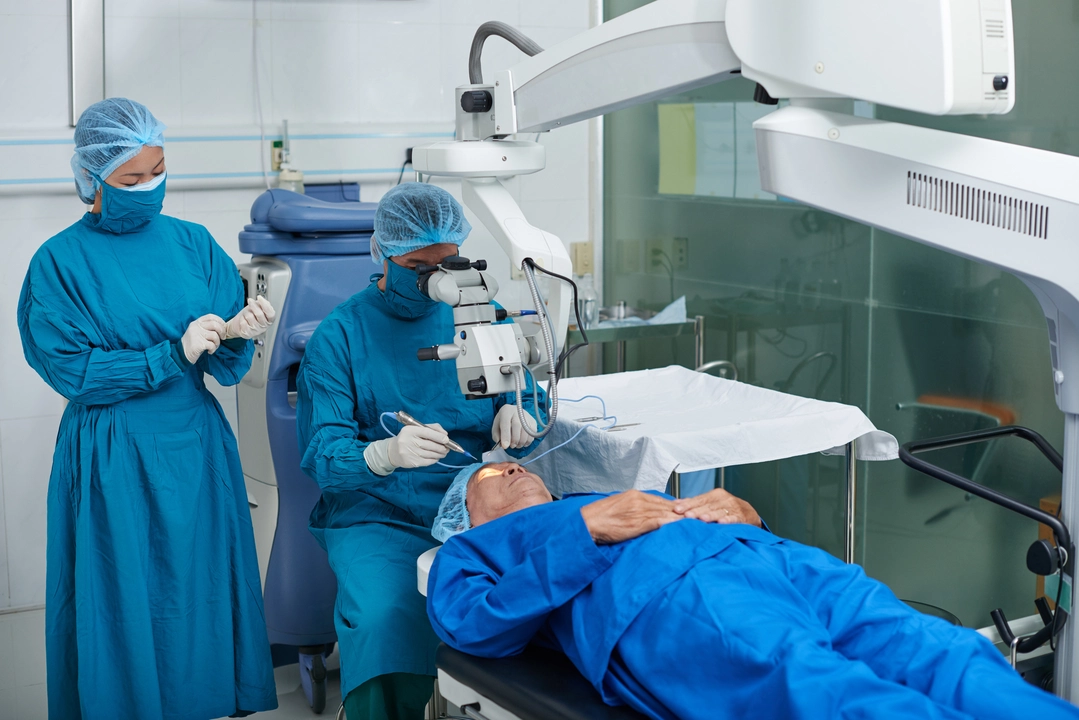Eye Surgery: What to Expect, How to Prepare, and How to Choose
Thinking about eye surgery and feeling a bit lost? You’re not alone. Whether it’s cataract removal, LASIK, or retinal work, understanding the basics will help you ask the right questions and plan smartly. This guide gives clear, practical steps you can use before and after the procedure.
Common types of eye surgery — quick facts
Cataract surgery removes a cloudy lens and usually replaces it with an artificial one. Recovery is often quick, but vision may take days to stabilize. LASIK reshapes the cornea to reduce glasses or contacts; many patients see improvement the next day. Other procedures include PRK (another corneal option), glaucoma surgeries to lower eye pressure, and retinal surgeries for detachments or bleeding. Each has its own recovery timeline and risks.
Ask your doctor which specific outcome you can expect. For example: will you still need reading glasses after cataract surgery? Can LASIK treat your level of nearsightedness? Getting precise answers avoids surprises.
Preparing for surgery and practical recovery tips
Before surgery, tell your surgeon about all medications and supplements. Some blood thinners or herbal products can raise bleeding risk; your doctor will tell you whether to pause them. Arrange someone to drive you home and help the first 24 hours. On surgery day, follow fasting and hygiene instructions exactly—clean eyelids and avoid makeup.
After surgery, use prescribed drops on schedule. These control inflammation and prevent infection. Don’t rub your eyes. Wear protective shields or sunglasses as advised. Expect mild discomfort, light sensitivity, or blurry vision early on—call your clinic if you get severe pain, sudden vision loss, increased redness, or discharge. Those are warning signs of complications that need immediate attention.
Plan follow-ups. Many surgeons want a same-day or next-day check, then visits at one week and one month. Keep that schedule—early checks catch issues sooner and improve outcomes.
Cost and choosing a clinic: prices vary widely. Check if your insurer covers the procedure and what portion you’ll pay. Look for a board-certified ophthalmologist with experience in the specific surgery you need. Read recent patient reviews, ask how many times the surgeon has performed the procedure, and whether the clinic uses modern equipment (for example, femtosecond lasers for certain cataract or LASIK steps).
Buying meds after surgery? Use trusted pharmacies that require prescriptions. Cheap offers from unknown sites can mean counterfeit or unsafe products. If you need reliable info on medications, Canadapharmacy24h.com has guides and safety tips to help you pick legit sources.
One final practical tip: give yourself time. Don’t rush back into dusty or smoky environments, heavy lifting, or swimming until your doctor clears you. Rest, follow instructions, and keep lines of communication open with your care team—small steps that make a big difference in recovery.

Post-Operative Treatment with Loteprednol: What to Expect
May 11 2023 / Health and MedicineRecently, I underwent a surgery and my doctor prescribed Loteprednol for post-operative treatment. I discovered that Loteprednol is a corticosteroid eye drop used to reduce inflammation and pain after eye surgeries. The treatment typically lasts for about two weeks and it's essential to follow the prescribed dosage and schedule. I experienced minimal side effects, such as mild burning or itching, but overall, Loteprednol played a significant role in my recovery process. It's important to consult with your doctor if you have any concerns or questions about using Loteprednol post-surgery.
VIEW MORE